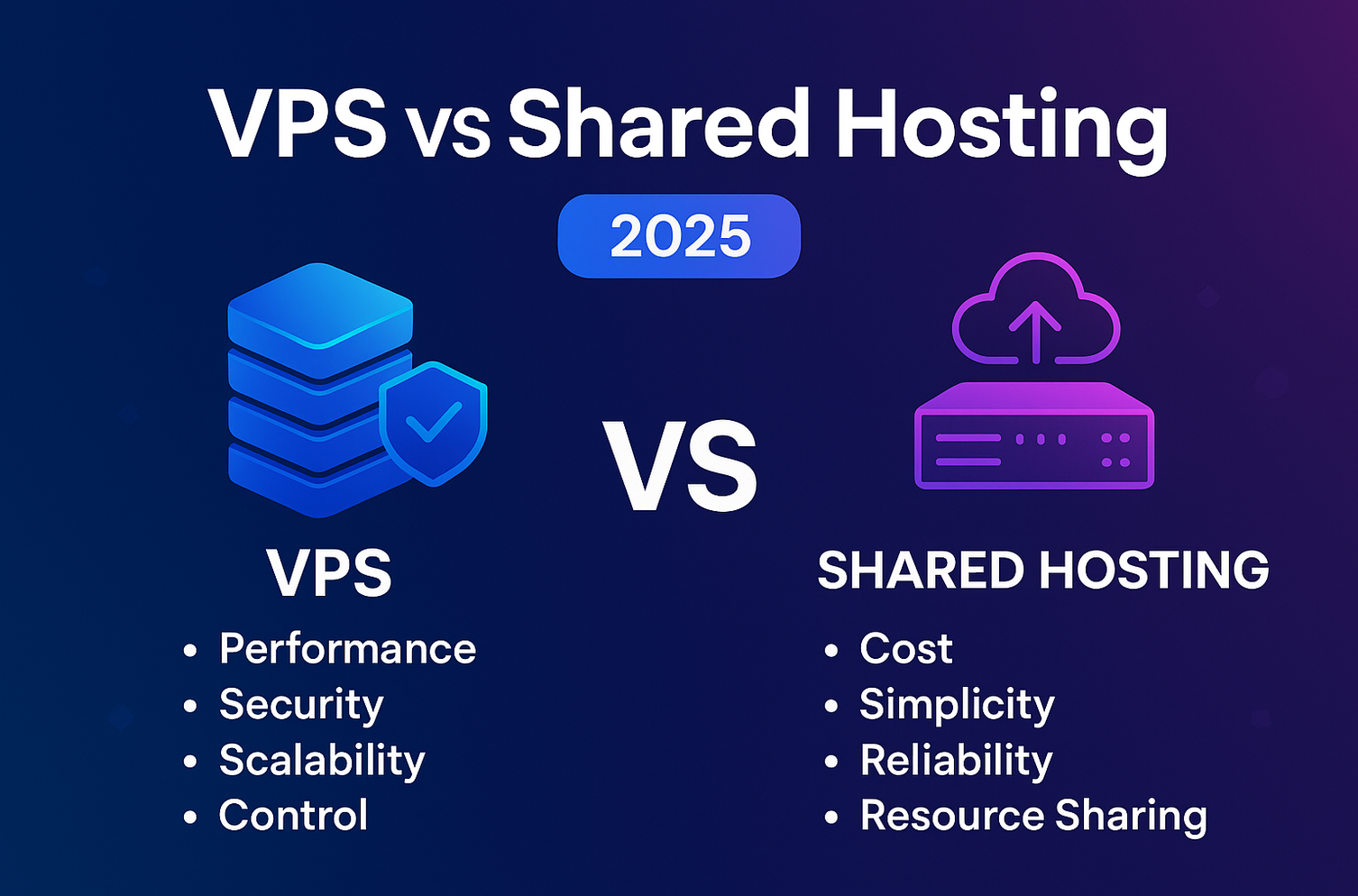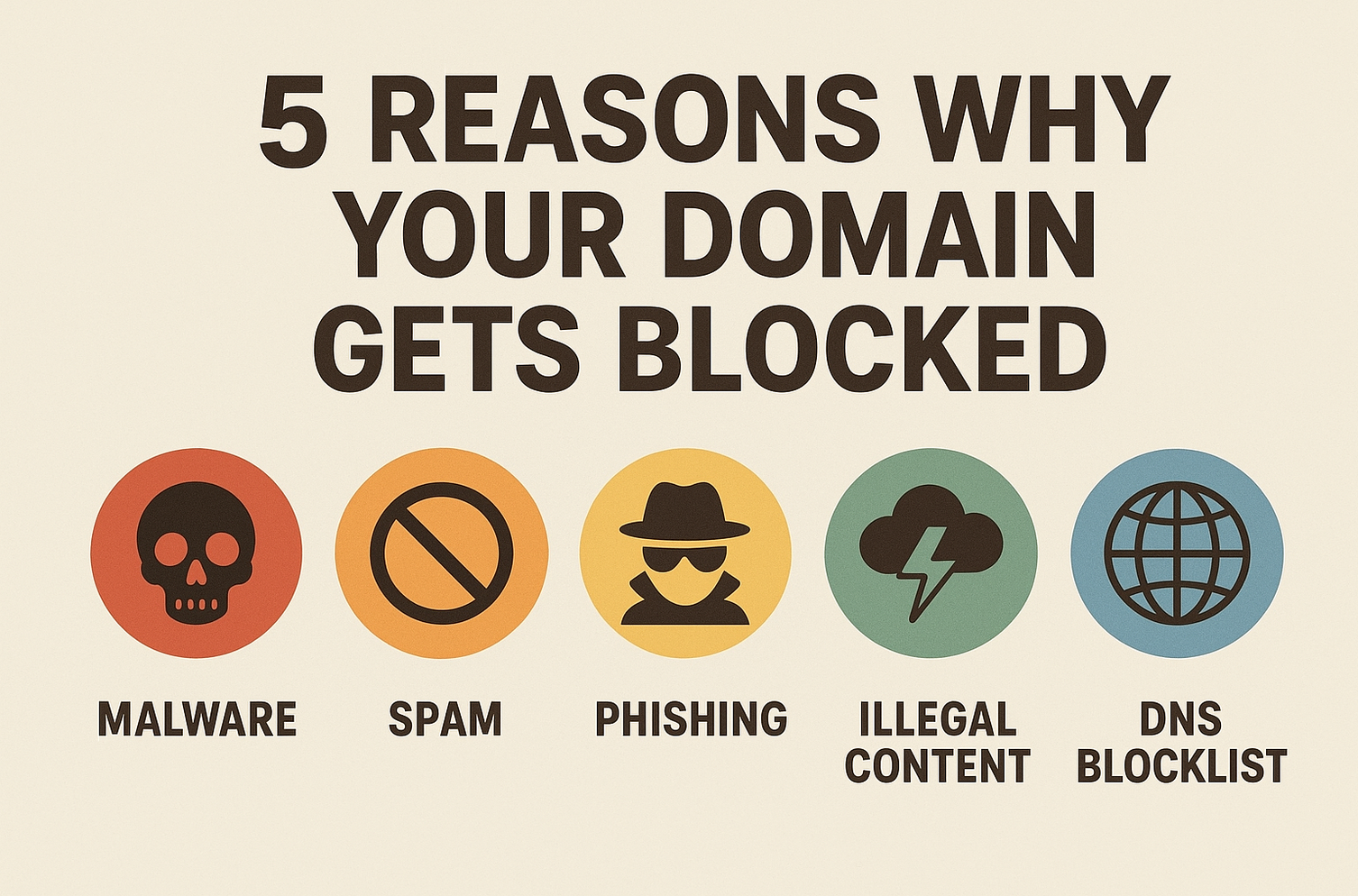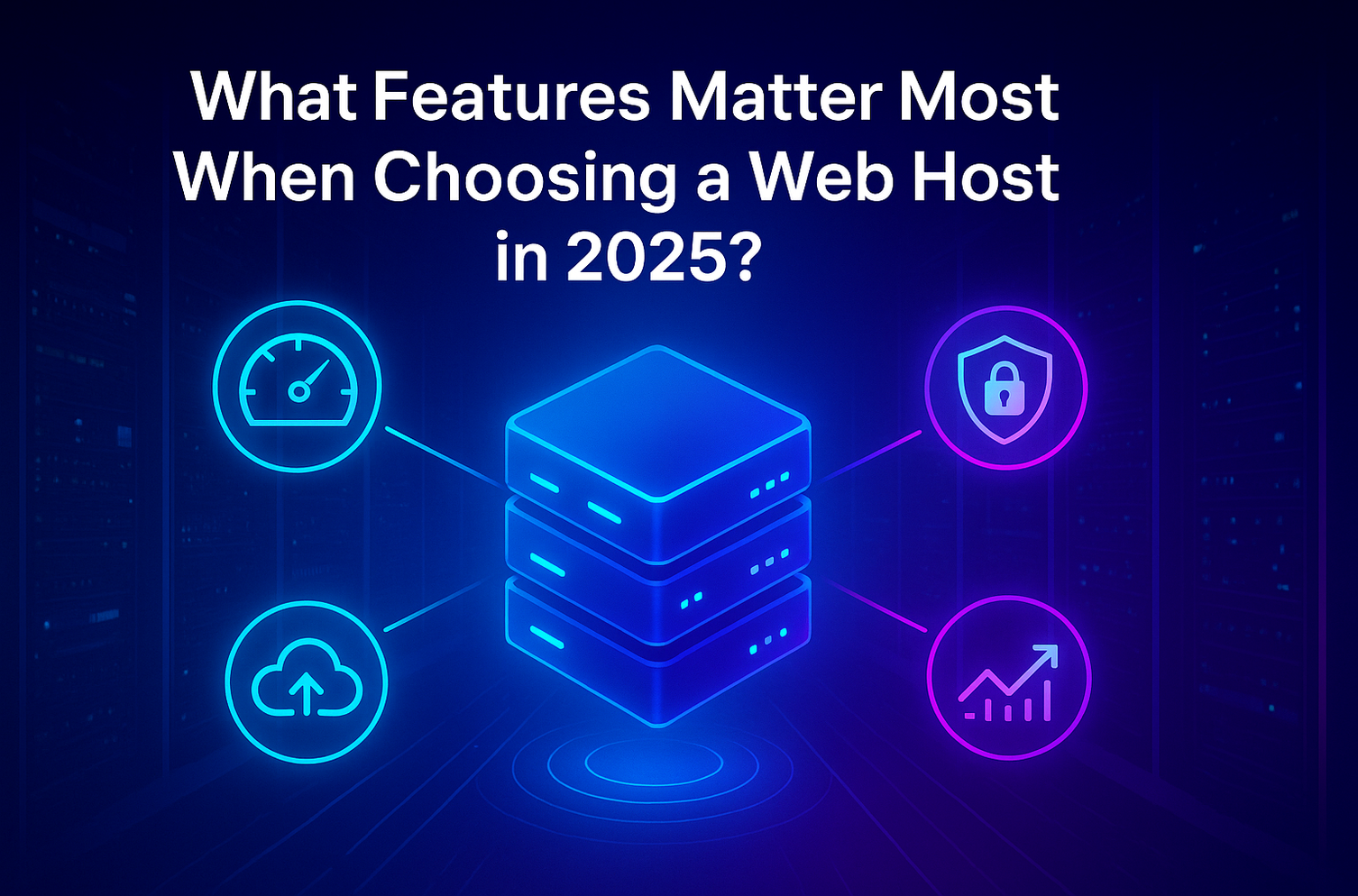VPs vs shared hosting

Introduction
The conversation around web hosting often circles back to two dominant choices: Shared Hosting and VPS (Virtual Private Server) Hosting. Both aim to put your website online, but they go about it in very different ways. In 2025, when websites must be faster, more secure, and more scalable than ever, it’s worth examining how each performs across the core features that matter most.
Performance
Performance is the first battleground. Shared hosting, by design, means you are sharing the same server resources—CPU, RAM, and storage—with multiple other users. If one site on that server consumes more than its fair share, the rest experience slowdowns. This unpredictability makes shared hosting ideal only for small, low-traffic sites.
VPS hosting, on the other hand, isolates resources for your use alone. You are allocated a guaranteed portion of CPU and RAM, which ensures your site remains fast and responsive even during heavy demand. In real-world terms, shared hosting might feel like living in a crowded apartment building where everyone shares one water supply, while VPS is more like having your own dedicated apartment with your own plumbing.
Security
Security concerns grow more pressing every year. Shared hosting creates a higher risk surface because multiple sites exist on the same environment. If one website is compromised, others can potentially be exposed as well. The hosting provider does apply standard protections, but you still depend on how well other site owners maintain their security.
VPS environments offer greater isolation. Even though the server itself is still shared at the physical level, your virtualized slice is separated from the rest. This means other users’ vulnerabilities don’t directly spill over into your space. You also gain more control—installing custom firewalls, SSL configurations, and monitoring tools. For businesses handling sensitive data, VPS is the more secure path.
Scalability
Growth is where shared hosting quickly shows its limits. If your traffic grows beyond what the shared plan allows, your only option is to upgrade to a bigger shared package or move to VPS or cloud hosting altogether. Scaling is neither smooth nor flexible.
With VPS hosting, scalability is baked in. You can upgrade CPU cores, memory, or storage with minimal disruption. Many providers even allow auto-scaling features that adjust resources on the fly. This flexibility is crucial for startups and e-commerce sites where traffic may fluctuate dramatically.
Control & Customization
Shared hosting is designed for ease of use, which means limited control. You get a standard control panel, basic one-click installations, and little else. For beginners, this simplicity is perfect, but for developers or businesses with unique requirements, it feels restrictive.
VPS hosting flips the script by offering root access, custom configurations, and the ability to install your own software stack. Whether you need to run Node.js, Python, or Docker containers, a VPS can be tailored to your exact needs. The tradeoff is that this control often requires technical know-how or a managed VPS plan.
Cost
Cost is the biggest factor keeping shared hosting relevant in 2025. Shared hosting remains the cheapest option, with many plans costing only a few dollars per month. This makes it appealing for personal projects, hobby blogs, or anyone hesitant to commit to higher monthly expenses.
VPS hosting costs more, though prices have dropped significantly over the past few years thanks to advancements in virtualization and cloud infrastructure. Today, even small businesses can afford entry-level VPS plans. The question is less about affordability and more about whether your project justifies the investment.
Reliability
Shared hosting comes with no guarantees about resource availability. Because so many users share the same environment, reliability depends on the collective behavior of everyone on the server. Spikes from a single site can impact the entire network.
VPS hosting provides reliability by dedicating a fixed share of resources to you alone. Traffic spikes from other users don’t affect your environment. This consistency translates into higher uptime, faster page loads, and better user experiences.
Final Word: Which Hosting Type Wins in 2025?
The contrast is clear: Shared hosting still has a place for small, low-demand websites where budget and simplicity matter most. But as soon as your site becomes business-critical, handles sensitive data, or requires consistent performance, VPS hosting wins almost every feature battle.
In 2025, the choice isn’t just about affordability—it’s about aligning hosting features with your goals. Shared hosting is the entry door to the web, while VPS is the highway to growth, stability, and control.


